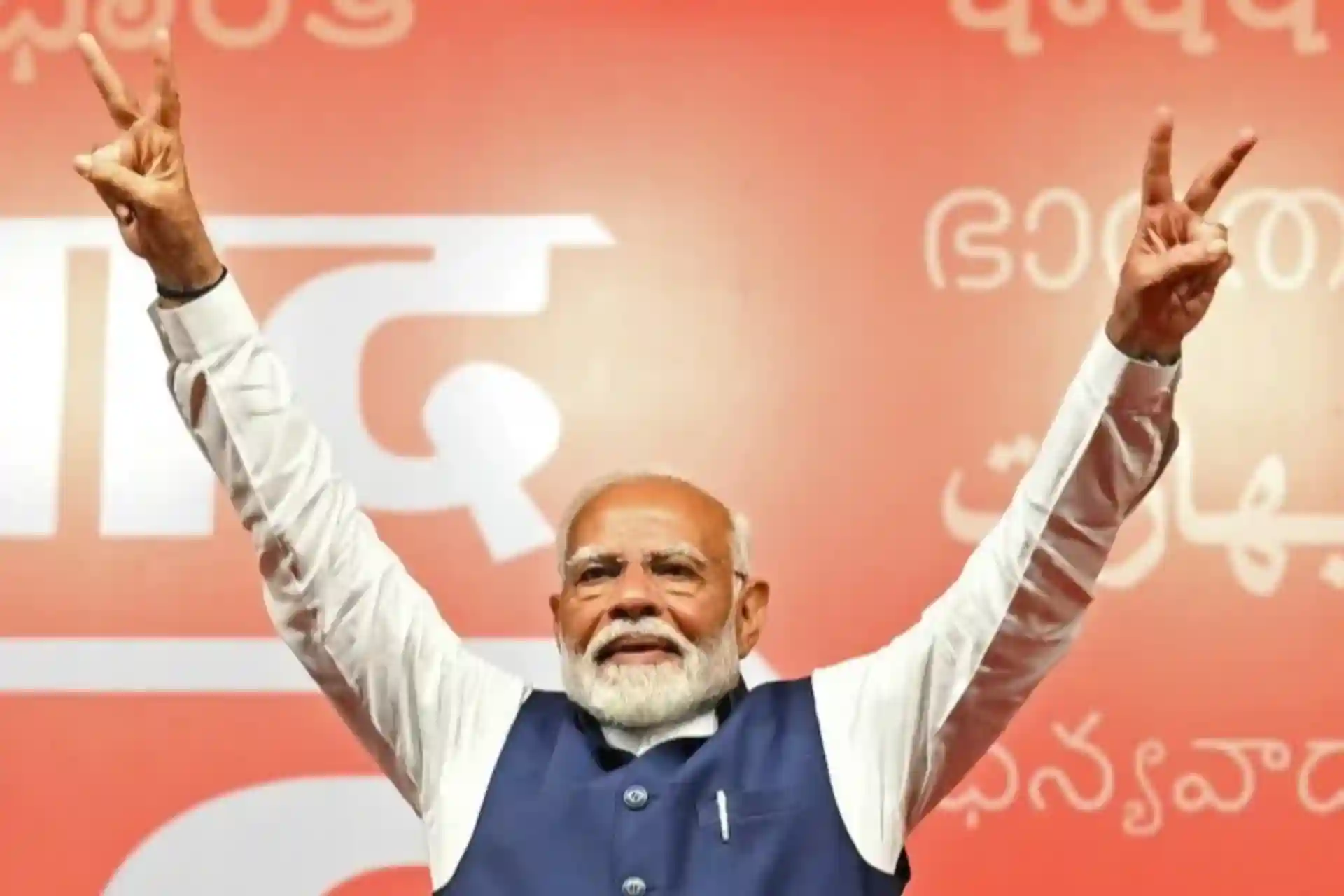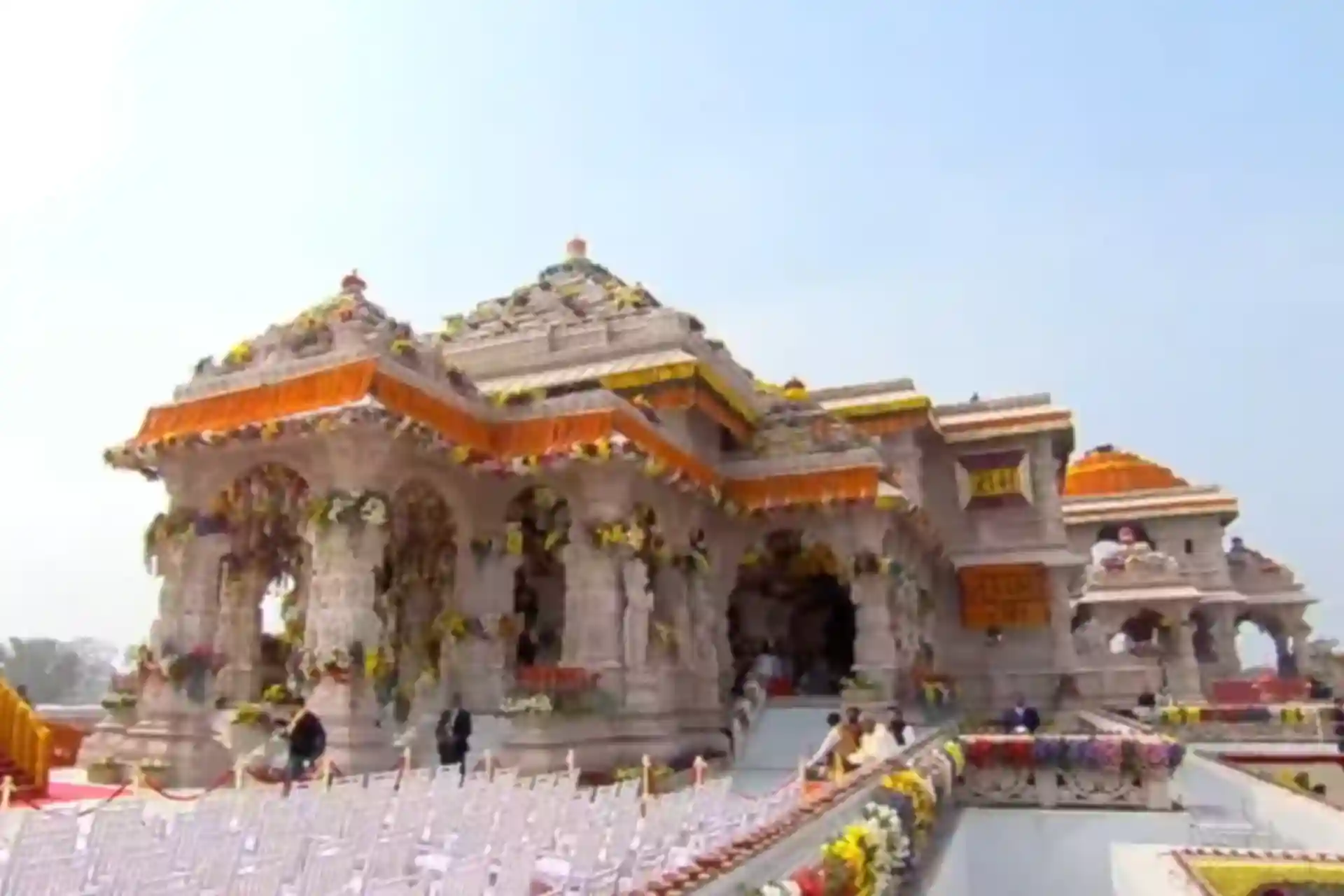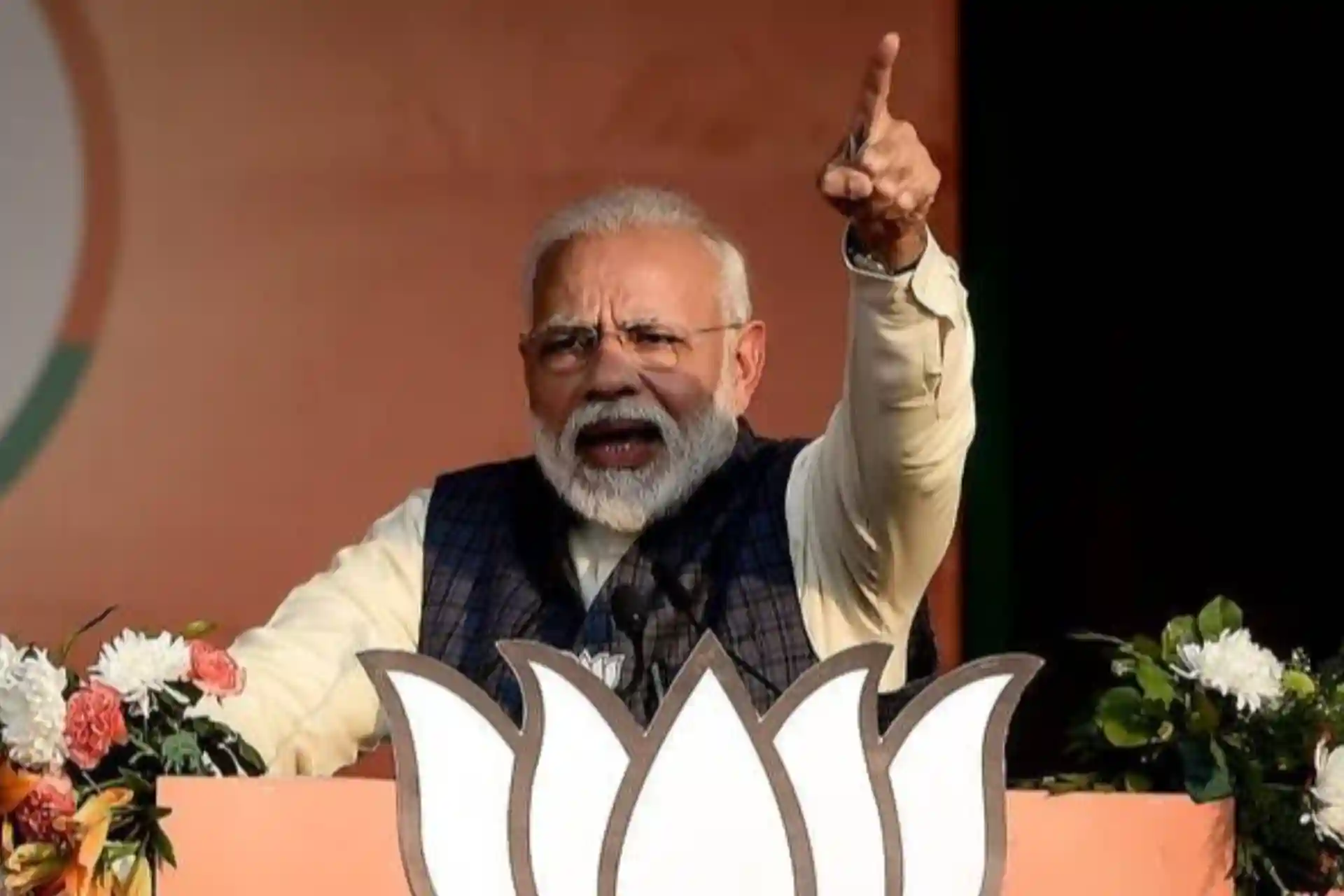Prime Minister Modi was re-elected in the Indian elections
Elections in India concluded on June 4 with the re-election of Bharata Janata Party (BJ) leader Narendra Modi for a third term.
Modi has been in power since 2014. He is supported by the Indian right wing. For 10 years through his support, he tried to modernize the country and elevate India as a global power.
However, critics point out that his decade-long rule turned India into an illiberal democracy and authoritarianism, leaving Indians with high inflation and poverty.
His rule can be characterized by brutal repression of political opponents, violence by Hindu nationalist groups against Muslims and oppressed classes, and the rise of Islamophobia.
During his rule, "Act 370", which gave special powers to Jammu and Kashmir, was repealed. Also, in 2019, a law was passed against fellow Muslims.
It can be concluded from the previous period that his re-election will not bring expected freedoms for small groups in the country, especially Muslims.
Nationalism will increase. Secularism, which is the basis of his idea, will increase. This means that the persecution of Muslims may escalate.
But the voters made good demands on the PJ party. This may force Modi to give in to the demands of opposition forces and Muslims.



